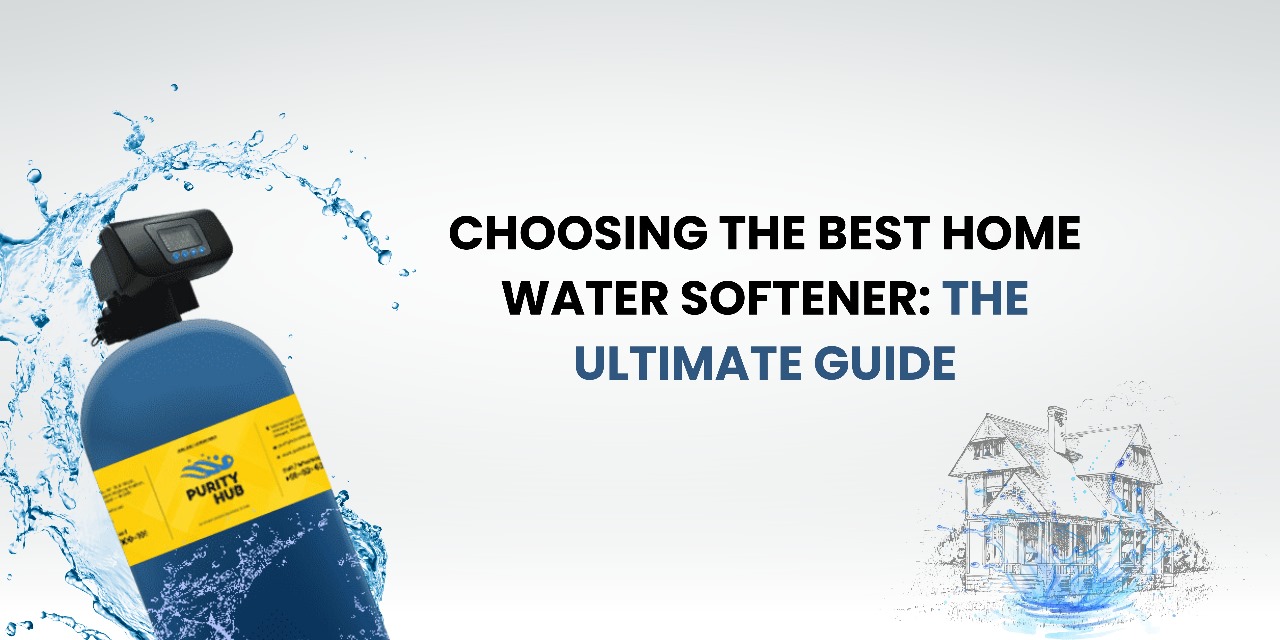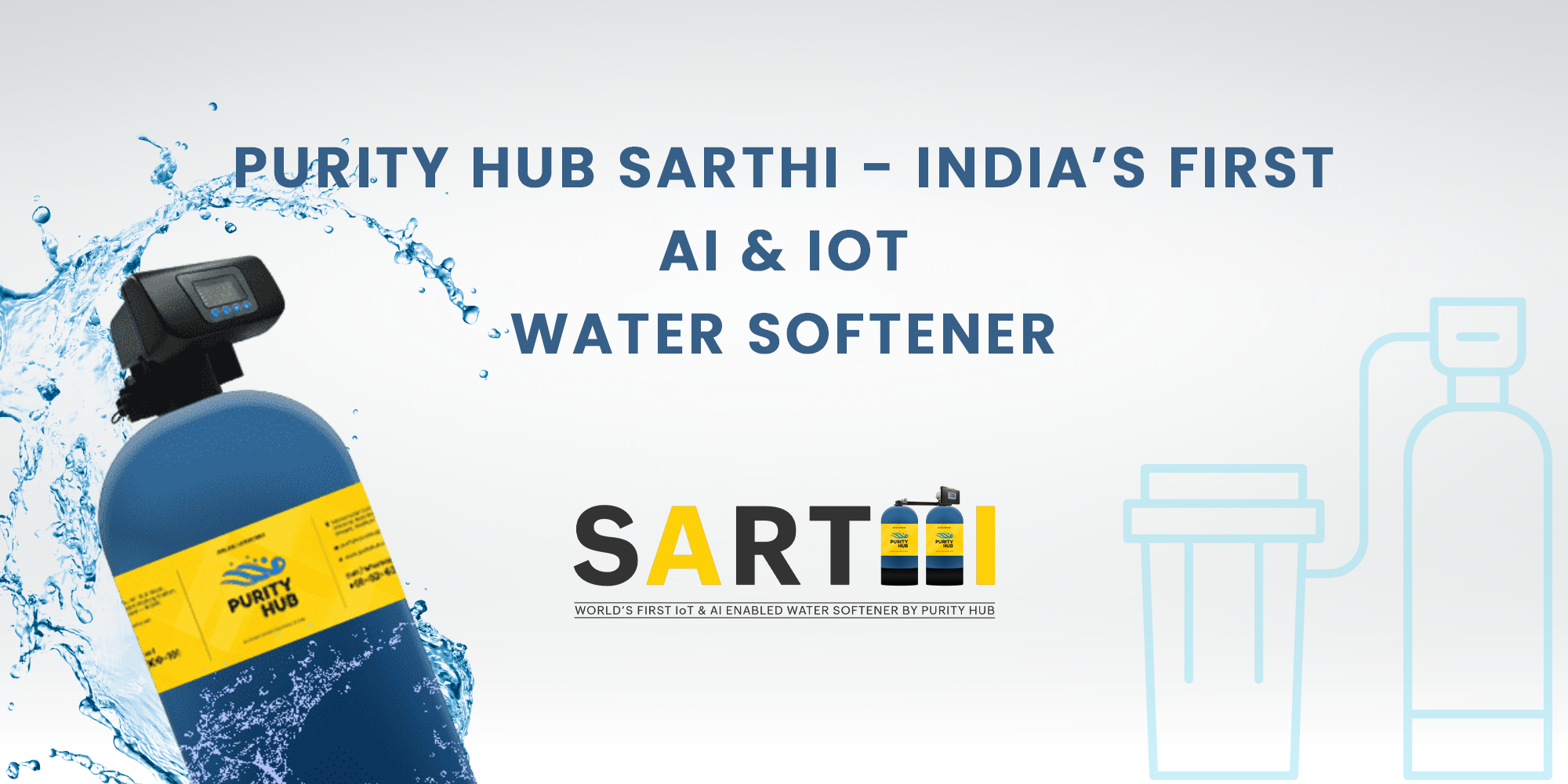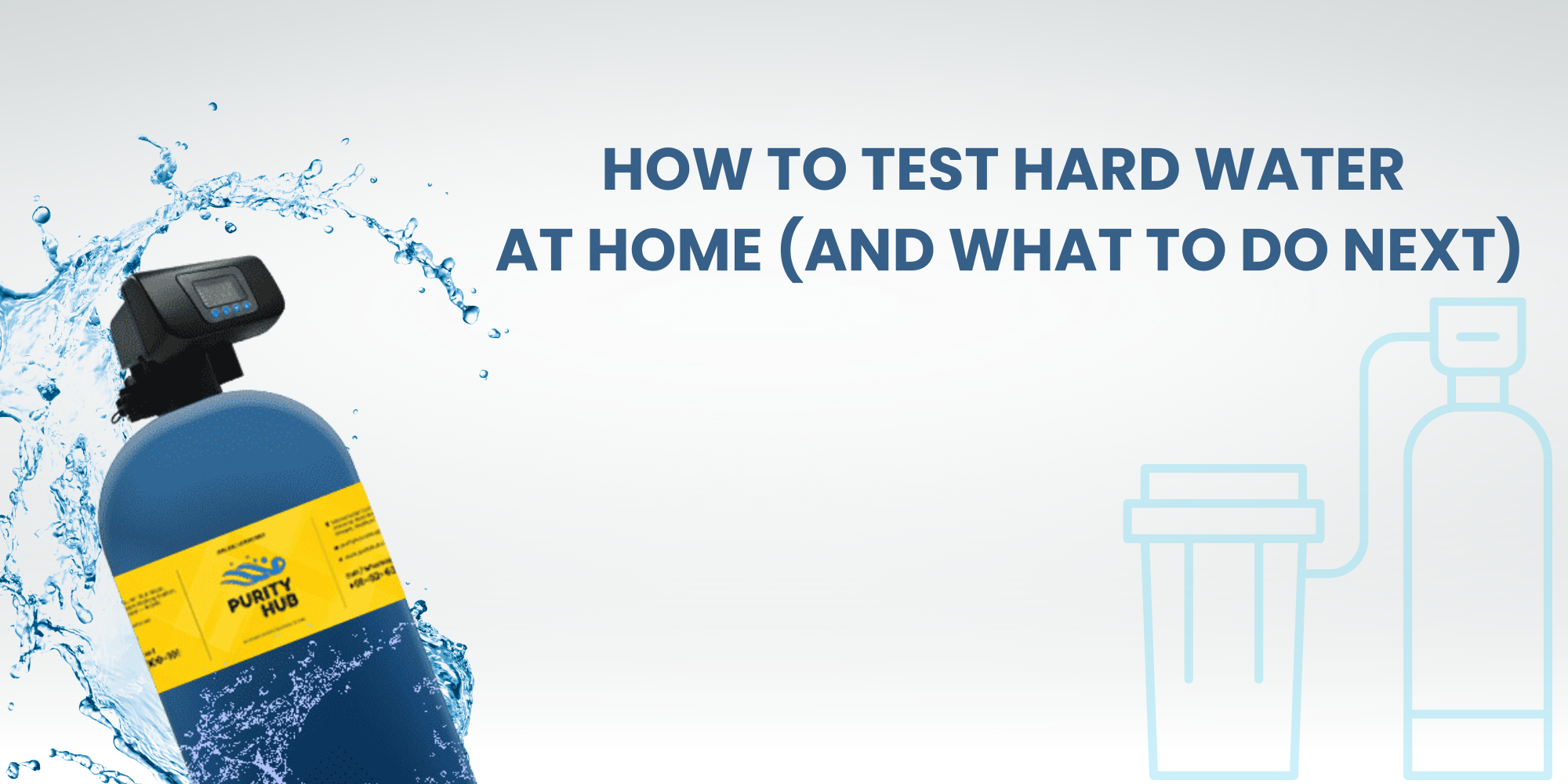
Summary
Hard water is a household problem that causes problems for plumbing, appliances, skin, hair, and clothes by depositing minerals on them. The best situation would be to have a home water softener for the removal of excess minerals such as calcium and magnesium. This blog discusses various models of second-hand softeners like whole house water softeners and shows readers how to choose size and features according to home size and usage. New softeners are easy to use extra features like digital panels and self-regeneration. An effectively chosen softener also enhances the quality of water, extends appliance life, and simplifies daily home convenience.
Do you ever find yourself wondering why, despite how hard you try, you still notice white spots on your shower door or your skin feels as dry as a piece of cardboard after you've taken a bath? Maybe the stiff, scratchy clothes even when you're using as many fabric softeners as humanly possible? If you've experienced any or all of the foregoing, then you most likely do have hard water problems. It's something that occurs in every house, and the easiest way to get rid of it is with a quality home water softener. But with all those units available out there — everything from cheap systems to costly whole house water softener systems — picking the right one is intimidating. Do not fret, though, as we're here to put sense into this decision into an immediate, easy, follow-along process with a simple step-by-step means of identifying the perfect home water softener for you.
Why Do You Need a Water Softener?
We will arrive at that point in why you'd even consider buying one to begin with before going over several house water softener systems. Hard water has minerals like calcium and magnesium that are just positively lovely for your bones but not so pretty for your appliances, skin, hair, and pipes. The minerals will build up, clog your pipes, shorten the life of your water heater, and leave your faucets and dishes with unsightly stains in the future. A water softening system removes them for you, providing softer, cleaner water that is gentle on whatever it touches — even you.
Revealing the Different Types of Water Softeners
When choosing a water softener to be installed in your own home, it is reassuring to be aware that there are a number of types to be had. The most common is likely to be the whole house water softener, and it will soften all of the water that is coming into your home so that all of the water from the taps, the showers, and the appliances will be soft. They are ideal for big families or busy homes.
If you want the capability to treat a room with a unit that is specifically made to treat one room, i.e., a bathroom, then yes, you do have your smaller units available but they will not be able to treat as well as that which is offered by the whole house water softener. Kent water softener produces sturdy units in each class and is compatible with price tags to go along with.
There are also salt-free and salt-based systems. The salt-based softeners are very effective in taking out a lot of hardness, but the salt-free ones need less maintenance and perform equally well for pretty hard water. Hard water will decide between them and the maintenance that you will be keeping up.
How to Choose the Right Size and Capacity
Choose the correct size water softener unit for your home. More crucial than you'd ever know. Wrong size, and it can't meet the water needs of your home, and you'll be reloading it helter-skelter. Too big, and you'll be wasting money and energy on storage space that you don't require. The best method is by home water and daily water usage water hardness test. All best home water softeners are graded by grain capacity — the number of grains of hardness removed before a recharge. A 20,000-grain unit will be sufficient for a small family, but there would be four or more people who will require a whole house water softener with a minimum capacity of 32,000 grains. There are even companies such as Kent water softener who have calculators that you can simply use through their website and which will help you select the correct size option.
Features to Look For
Not all softeners are equal, and the amenities are what ensure ease of operation and performance to vary. Use models with electric control panels, self-regeneration, and monitoring of water consumption. Even the upscale models will measure themselves by your usage habits and save water and salt. Kent water softeners are particularly renowned for incorporating smart, intuitive technology within their units.
If you wish to have drinking water quality, you can best to have in your home water softener a whole house filter. Softeners take out the minerals, but filters take out the chlorine, sediments, and other contaminants so your water is soft and clean and safe to drink.
Conclusion
Choosing the right water softener for your home isn't so much about choosing the biggest or even the most expensive one — but choosing the right one which will fit the square footage of your home, usage pattern of your home, and what it requires in terms of maintenance. Regardless of what type of small unit you put in your home or bathroom water softening system, it will be worth every cent if you opt for the high-cost, heavy-duty units such as a Kent water softener that will rid you of the inconvenience of hard water in your life and give your appliances and pipes a longer life. With the right choice, every glass of water in your home will become healthier, softer, and sweeter.



